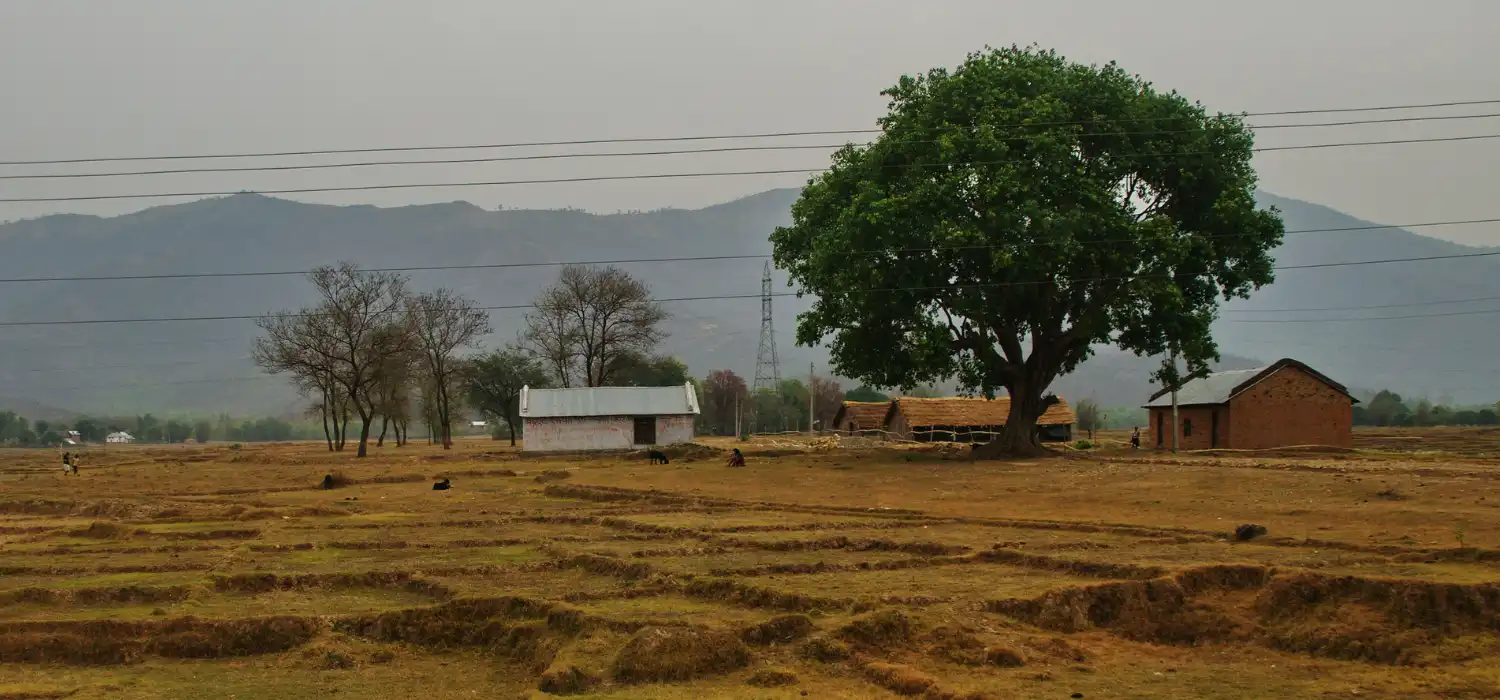
Panchayat Charter
Citizen's Charter is a document which represents a systematic effort to focus on the commitment of the Organisation towards its Citizens in respects of Standard of Services, Information, Choice and Consultation, Non-discrimination and Accessibility, Grievance Redress, Courtesy and Value for Money. This also includes expectations of the Organisation from the Citizen for fulfilling the commitment of the Organisation.
Department of Administrative Reforms and Public Grievances in Ministry of Personnel, Public Grievances and Pensions, Government of India, in its efforts to provide more responsive and citizen-friendly governance, coordinates the efforts to formulate and operationalize Citizens' Charters in Central Government, State Governments and UT Administrations. It provides guidelines for formulation and implementation of the Charters as well as their evaluation.
Our Vision
At PANCHAYATAM, we envision a future where every village in India thrives with full transparency in its local governance and where every resident is seamlessly integrated into the digital economy. We believe that when people are informed, connected, and empowered, communities flourish, and the quality of life improves significantly. Our goal is to make this vision a reality by supporting and strengthening the Panchayati Raj System and enhancing digital engagement.
Our Mission
Our mission is twofold: to ensure transparency and accountability within the Panchayati Raj System and to bring the benefits of the digital economy to rural areas. The Panchayati Raj System is the backbone of local governance in India, yet it often faces challenges related to transparency and public participation. By addressing these issues, we aim to build a more accountable and effective system that truly serves the needs of its people.
Simultaneously, we recognize the transformative potential of the digital economy. By equipping villagers with the skills and tools they need to participate in and benefit from the digital world, we can open new opportunities for economic development, education, and social interaction.




